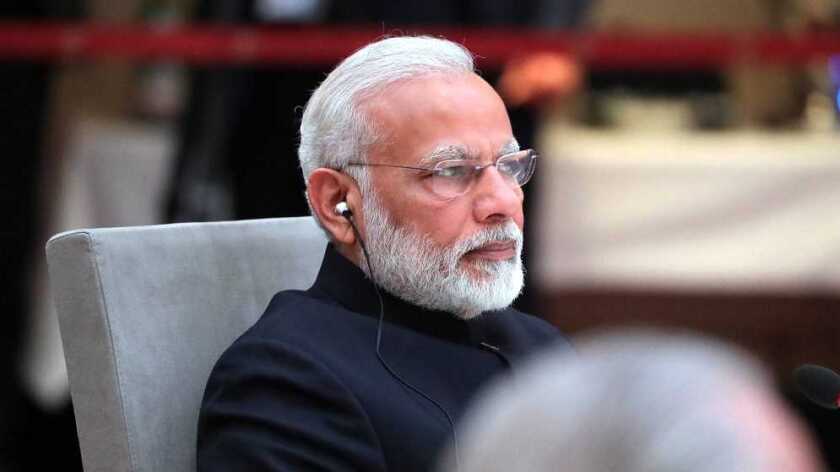Ashwani Vaishaw, cabinet minister of the department of communications and Devusinh Chauhan, minister of state for communications in the Indian government, have jointly announced the launch of Bharat 6G Alliance (B6GA).
The alliance is designed to be a collaborative platform formed of public and private companies, academia, research institutions, and standards development organisations.
Its purpose is to look beyond the technical requirements and try to understand how business and society would interact with 6G and define use cases.
The alliance also aims to create consensus around the new technology, while prompting open research and development (R&D) initiatives.
Somewhat perturbed by its lateness to the 5G party, India sees leading the 6G charge for the global south as a way of establishing some technological prestige over the likes of China and South Korea.
Unveiling a 6G vision document in March 2023, just six months after the first 5G site was installed in the country (China already had over 2 million base stations installed by this time), Prime Minister Narendra Modi said that India is becoming a major exporter of telecom equipment and it was entering into a “tech-ade” that would be spurred by innovation in the next generation of networks.
B6GA appears to be one of the vehicles through which Modi’s government will support the academics, start-ups, private companies, and manufacturing ecosystem that will deliver on these ambitions. The B6GA said it will form groups that will spearhead the design, development and deployment of 6G technology in India.
“By expediting the creation of standards-related patents within the country and actively contributing to international standardisation organisations such as 3GPP, ITU, and TSDSI, B6GA aspires to position India at the forefront of 6G innovation,” it said in a statement.
New Delhi will host the ITU’s World Telecommunications Standardisation Assembly in October 2024, the first time an Asian nation will play host to the standard setting conference.
ITU also opened an office that was fully funded by India in New Delhi, which Modi said would help create the right environment for 6G in the country.
Tying into Modi’s point about exporting telecoms equipment rather than just consuming it, the B6GA will also look to accelerate and facilitate market access for Indian telecom technology products and services, which is claims will enable India to emerge as a global leader in 6G technology.






